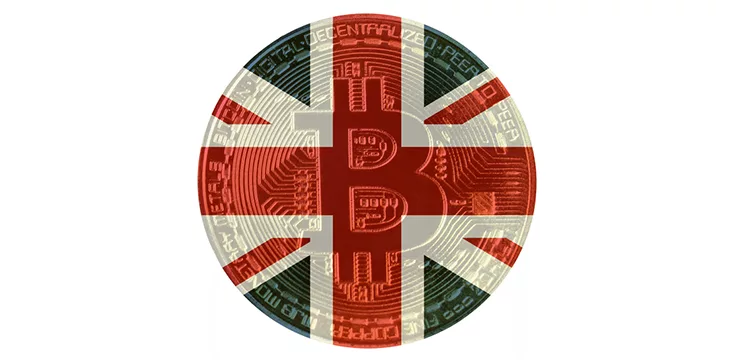|
Getting your Trinity Audio player ready...
|
In 2022, CoinGeek reported on how then-chancellor Rishi Sunak had ambitions to turn the United Kingdom into a global hub for what he called “crypto assets.”
Since then, a wave of firms linked to the industry have applied to the Financial Conduct Authority (FCA) for much-coveted licenses to become virtual asset service providers.
However, data from 2023 shows that of the 28 firms that applied, only four received approval. They were PayPal (NASDAQ: PYPL), Interactive Brokers (NASDAQ: IBKR), Bitstamp, and Komainu. The FCA approved 12, 23, and four firms in previous years, respectively.
What seems to be the problem in getting approval? Meeting the U.K.’s strict AML/CTF rules is a major sticking point. While industry lobbyists say the FCA needs to provide clearer guidance, the regulator’s executive director of markets said 85% of applicants could not meet even basic standards.
Typically, the digital currency industry, which has been rife with fraud and theft since its inception, expects nations to adjust their laws and regulations to it rather than rise to the challenge of meeting them.
Britain should hold firm—this is the right approach
While some industry news sources attempt to spin this story as evidence of Rishi Sunak’s dream fading, the opposite is true. Just as the U.K. built world-class financial services and iGaming industries on a bedrock of strict regulations and zero-tolerance for criminals, it will lead the digital currency and blockchain industries in the long run.
Why should the U.K. accommodate firms run by the likes of Changpeng Zhao, Sam Bankman-Fried, Jesse Powell, and others that have been accused, and in some cases convicted, of everything from sanctions violations to money laundering and outright fraud? Allowing such businesses into the nation would only harm its reputation.
While the U.K. is on the cusp of penning new rules and regulations that would put it on par with the European Union, these will likely make things even stricter rather than easier for shady firms hoping for an easy ride into one of the world’s largest markets.
Why are strict AML/CTF rules necessary for the digital currency industry?
Since the release of Bitcoin in 2009, criminals have misunderstood it as a way to evade government controls and obfuscate transactions. Truthfully, the time-stamped ledgers that underpin most digital currencies like Bitcoin make them uniquely unsuitable for crime, but that’s only beginning to be widely understood.
Due to the transparent nature of blockchains, criminals have come to rely on centralized exchanges (would-be virtual asset service providers) with lax controls. For example, terror organizations like Hamas, ISIS, and al-Qaeda used Binance to move funds, according to the U.S. Treasury.
Preventing the digital currency industry from becoming a hotbed for the dredges of humanity requires AML/CTF regulations, and there can be no softening of them in the name of innovation.
Rishi Sunak’s vision of the U.K. becoming a global hub for the industry will likely come true, and the U.K. will be better off for the tough approach it has taken from the outset. Britain should hold firm and only allow the cream of the crop to operate within its borders.
Watch: Blockchain is the safest way to do payments

 02-16-2026
02-16-2026 




